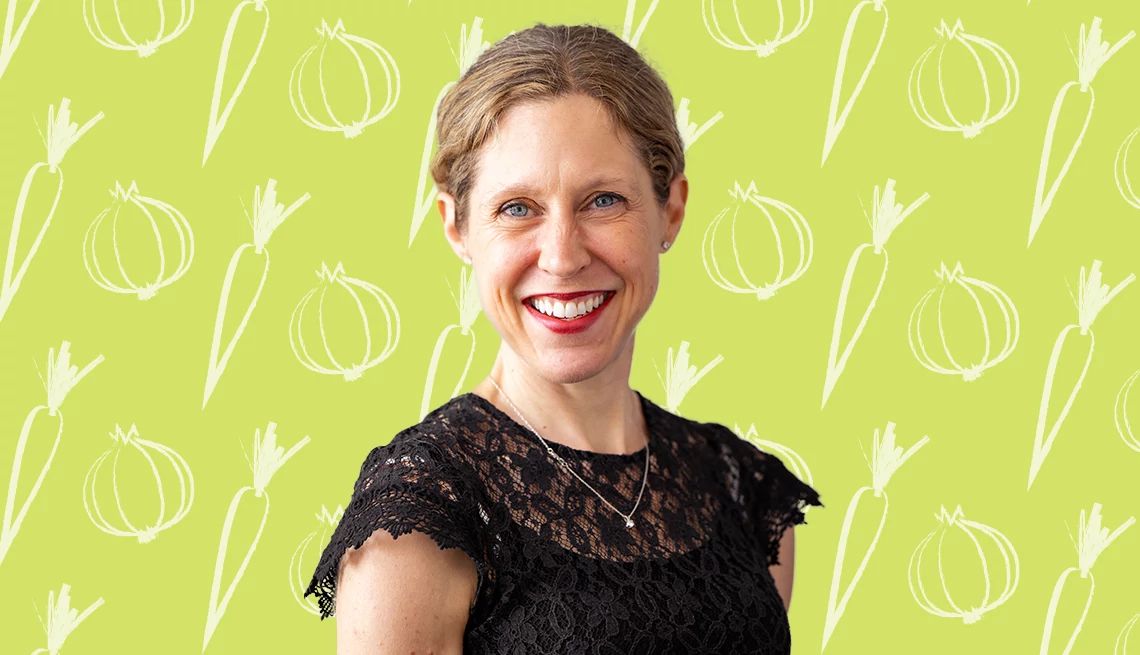
Which foods help you get more sleep? | members only
- Select a language for the TTS:
- UK English Female
- UK English Male
- US English Female
- US English Male
- Australian Female
- Australian Male
- Language selected: (auto detect) - EN
Play all audios:
But getting tryptophan into your system is not as direct or immediate as scarfing a huge Thanksgiving turkey dinner and falling asleep, St-Onge writes. It’s a sleep-supporting compound, not
a sedative, so you’ll gain the most benefit from ingesting it throughout the day, rather than relying on one meal. Only about 10 percent of the tryptophan we eat is available to be
transported to the pineal gland located in the back of the brain, where the synthesis of melatonin and serotonin takes place — and it must compete with more abundant amino acids for a
ride. Adding complex carbs (particularly fiber-rich foods such as almonds, bananas, barley, lentils and white beans) to tryptophan-rich sources of protein prompts an even, sustained release
of insulin and helps shunt those other amino acids into other tissues. That lets more tryptophan reach the brain, St-Onge says. “It’s really easy to say, ‘Eat more of this and more of
that,’ ” says St-Onge. “But how do you do this at home?” That’s where Craddock comes in. With 20 years of experience as a recipe developer, cookbook author and food editor, she created _Eat
Better, Sleep Better_’s recipes based on St-Onge’s list of ingredients. And while the meal plan incorporates elements of healthy eating from the Mediterranean diet and the DASH (Dietary
Approaches to Stop Hypertension) diet, it goes beyond them to focus on the powerhouse ingredients that promote better sleep. In addition to tryptophan-heavy proteins, the book promotes
other foods packed with the amino acid. These include fiber-rich carbs such as whole grains, beans, seeds, fruits and vegetables, as well as healthy fats such as nuts, avocados, tofu,
eggs, chia seeds and salmon. The book also highlights foods rich in four essential nutrients dubbed the “Big Four” — zinc, magnesium, vitamin B6 and folate. Eating foods rich in these
throughout the day will help boost your sleep success. (Chickpeas include all four — jackpot!) A day of sleep-supporting meals starts with a breakfast of Overnight Oats with Ginger,
Winter Compote and Walnuts. Next, have a lunch of Creamy Lemon-Turkey Soup with Barley and Mint. Later, enjoy a dinner of Focaccia with Beefsteak Tomatoes and Olives, followed by a
dessert of Chamomile-Ginger Panna Cotta with Midsummer Compote and Pistachios. “Think of it as keeping your pantry well stocked with staples — you don’t want to run out of these essential
ingredients, but with a bit of planning, you’ll always have what you need,” St-Onge writes. "Preparing and enjoying nourishing, delicious food and sharing it with friends and family is
incredibly satisfying. So is getting a good night’s sleep and waking up feeling restored and energized all day long.."